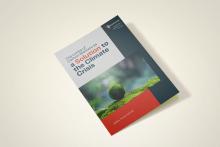Some Reflections on Recent Developments on Double Standards and Selectivity in International Criminal Law
Discrepancies between the aspiration to apply ICL indiscriminately and the reality of its application described above drive perceptions of double standards. In this blog post, I will sketch the origins and context that led to double standards in ICL and consider how to differentiate double standards from selectivity and whataboutism. I will argue that recent developments illustrate double standards within the ICL framework. Given that the legitimacy of international criminal justice crucially depends on its impartial application, it remains paramount to work towards unmasking and remedying such double standards in ICL.

